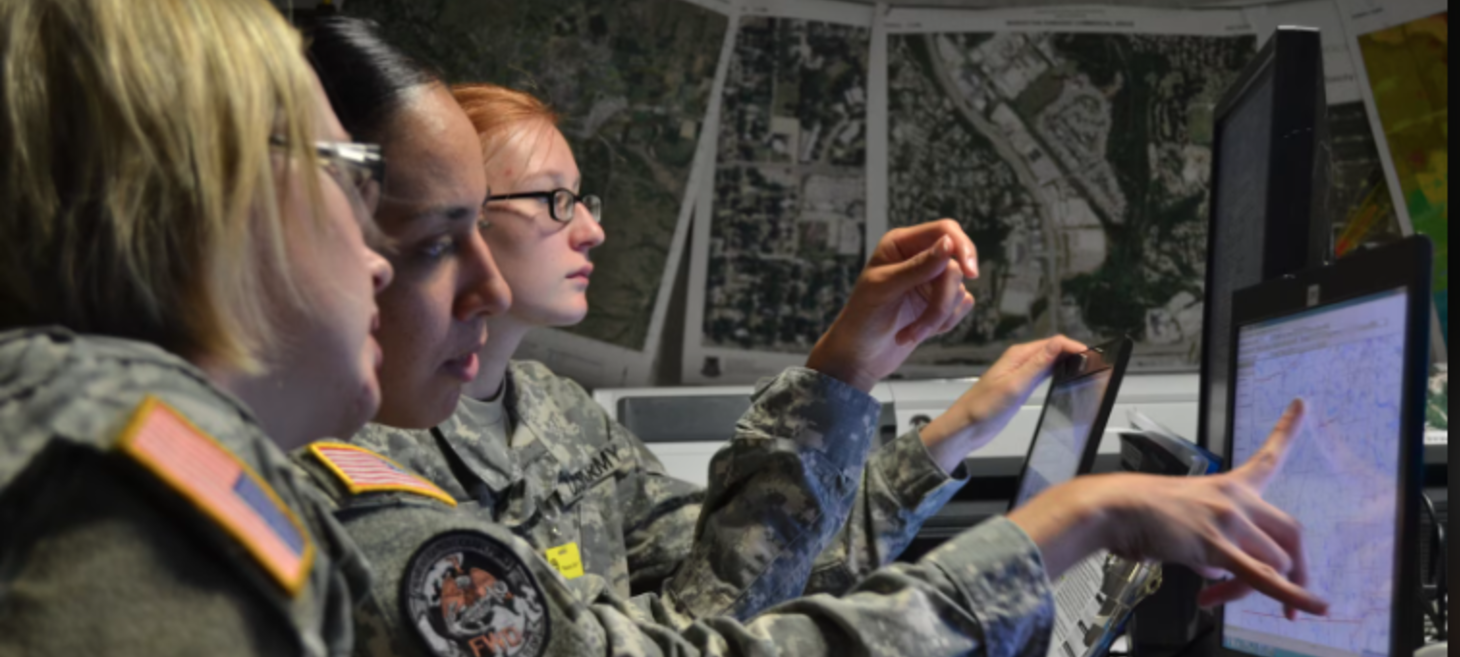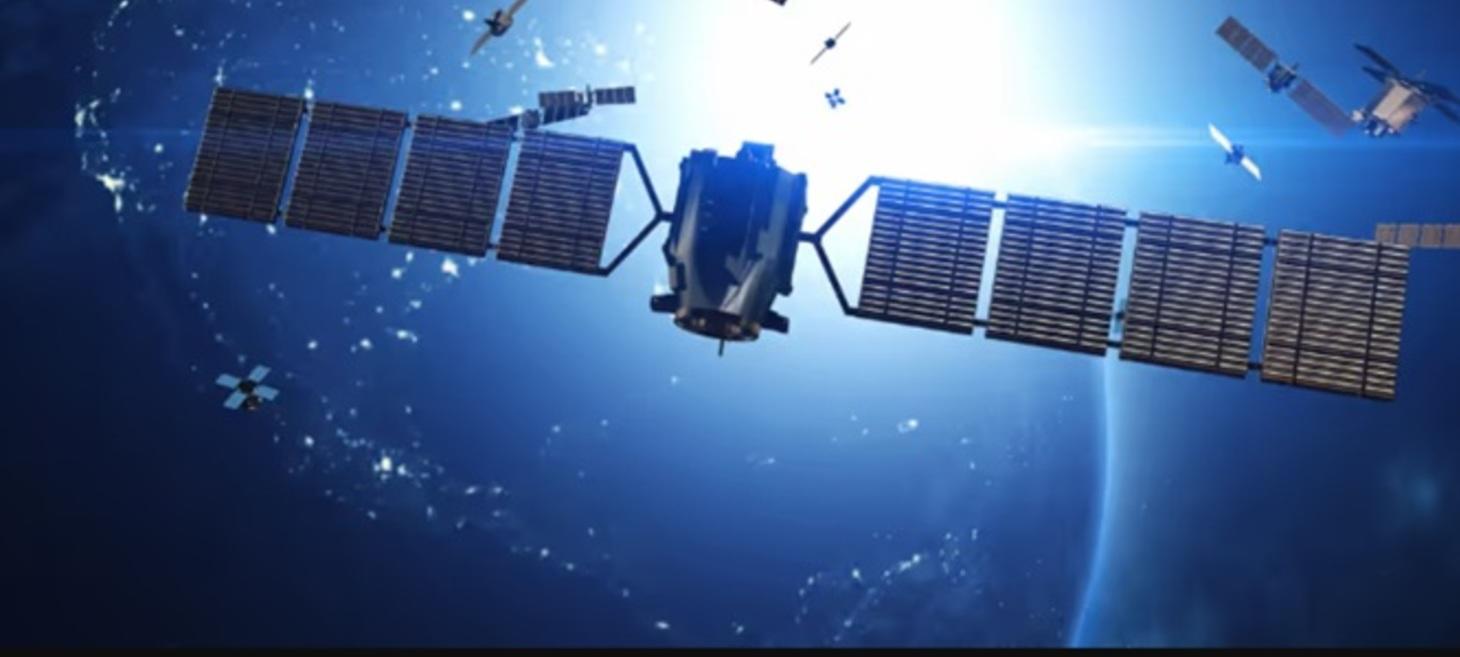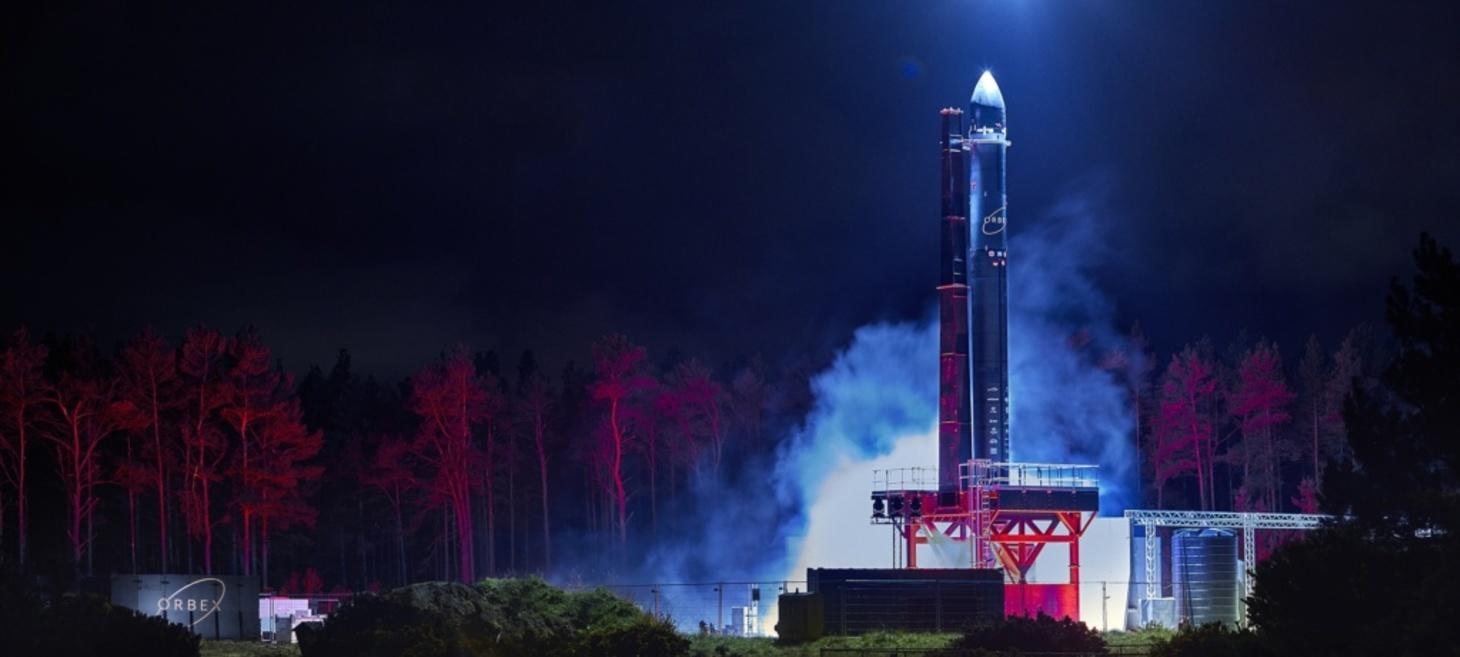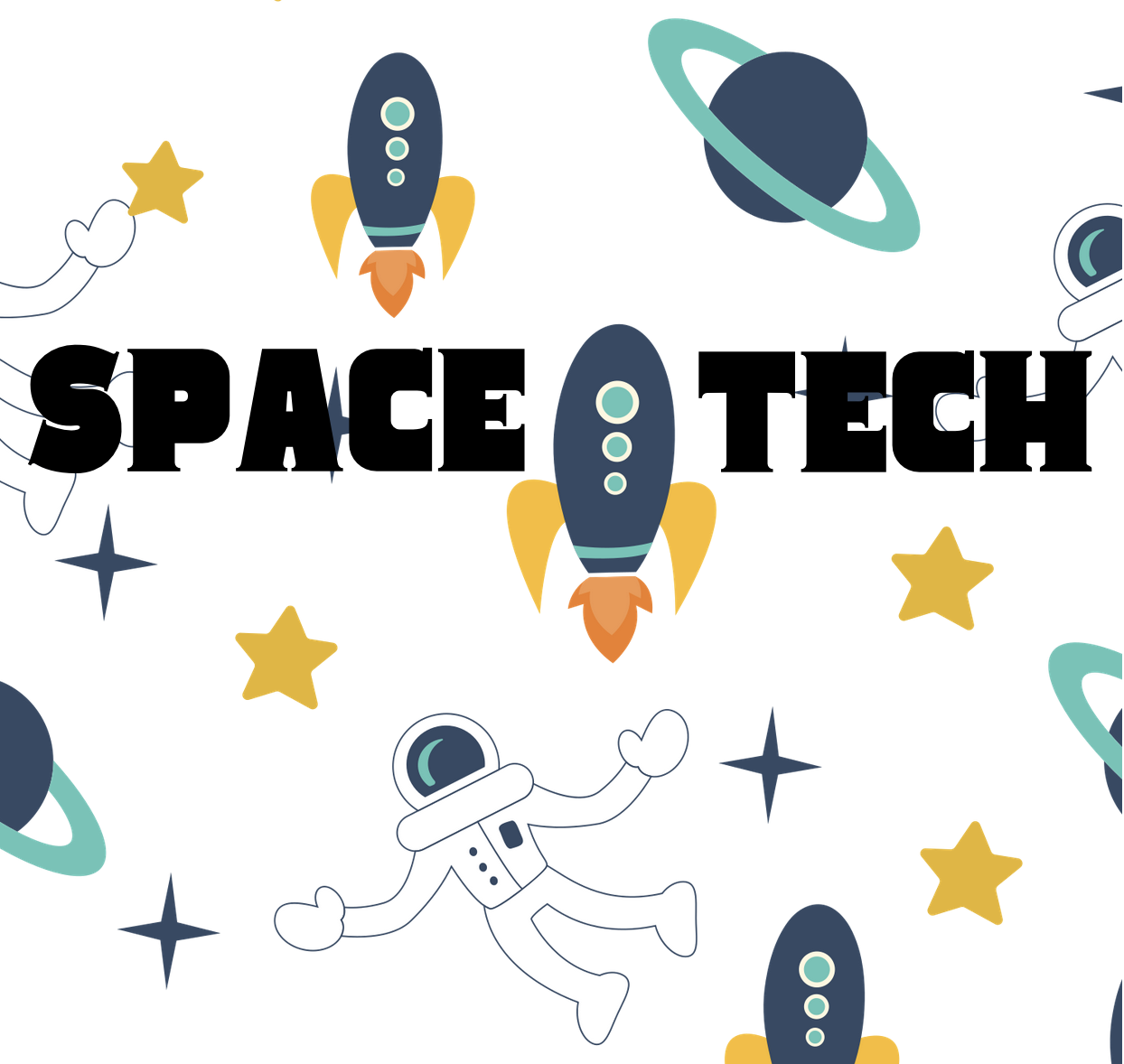Of Note

The space tech sector is currently experiencing a dynamic renaissance, marked by rapid advancements in artificial intelligence, proliferated satellite constellations, and transformative communications technologies.
AI and machine learning are revolutionizing satellite operations and space exploration, enabling autonomous decision-making, real-time data processing, and enhanced situational awareness—both in orbit and on the ground.
Meanwhile, the deployment of next-generation launch vehicles like SpaceX’s Starship is dramatically lowering costs and expanding access to space, while multi-orbit and direct-to-device connectivity solutions are redefining how humanity interacts with the cosmos. With the global space economy projected to reach $1.8 trillion by 2035, the pace of innovation is not only accelerating scientific discovery but also fostering new opportunities for commerce, sustainability, and global collaboration
This is truly an exhilarating era for space technology—one where science fiction is steadily becoming reality.
Innovation

Space: Tech on the High Frontier
The space sector is shifting from government-owned legacy systems and their long development timelines and mission lifetimes to a “NewSpace” economy driven by private companies. This privatization makes space technologies more accessible and less expensive. Governments are also embracing small spacecraft and on-demand launches to expand space capabilities cost-effectively.

Hollywood VFX Tools for Space Exploration
Special effects have been used for decades to depict space exploration, from visits to planets and moons to zero gravity and spaceships – one need only think of the landmark 2001: A Space Odyssey (1968). Since that era, visual effects have increasingly grown in realism and importance.
VFX have been used for entertainment and for scientific purposes, outreach to the public and astronaut training in virtual reality. Compelling images and videos can bring data to life. NASA’s Scientific Visualization Studio (SVS) produces visualizations, animations and images to help scientists tell stories of their research and make science more approachable and engaging.
A.J. Christensen is a senior visualization designer for the NASA Scientific Visualization Studio (SVS) at the Goddard Space Flight Center in Greenbelt, Maryland. There, he develops data visualization techniques and designs data-driven imagery for scientific analysis and public outreach using Hollywood visual effects tools, according to NASA.
Artificial Intelligence

Space, Tech, And AI: What Astronaut Tim Peake Can Teach Us About The Future Of Humanity
When you’ve spent 6 months orbiting Earth in the International Space Station, your perspective on the planet and its problems is likely to change forever. Few people understand this more intimately than Tim Peake, the British astronaut, test pilot, and ambassador for STEM (Science, Technology, Engineering and Mathematics) education, who joined me for a fascinating conversation about space, AI, and the future of life on Earth.
Technology

South Gyeongsang Province inks space tech deal with Finland’s ICEYE
South Gyeongsang Province has signed an investment and business cooperation agreement with ICEYE, a Finnish global leader in synthetic aperture radar technology for small satellites, the province announced Thursday.

Why Is SpaceX The Master of Launch?
Whether or not the rift between US President Donald Trump and SpaceX CEO Elon Musk is closed, the questions raised by the president’s threat to cancel SpaceX’s contracts remain important: Why is the US (and the space industry in NATO countries) so dependent on SpaceX’s fleet of reusable rockets?

Intuitive Machines lands $10M grant for re-entry vehicle and orbital lab
The Texas Space Commission approved the grant, which is coming from the state’s Space Exploration and Research Fund.
Intuitive Machines says the money will support its “critical risk-reduction platform” for returning lunar samples to Earth. The funding will go toward an early 12-month phase of the project.

Industry, VC, DoD on Future of Space Conflict
From using EO sats for intelligence collection to adversaries relying on jamming and spoofing to degrade assets in orbit, the extension of conflict into space is happening today—and commercial entities must play a crucial role in adapting to the increasing importance of national security in space.

Space Force taps 12 vendors to host future emerging tech experiments on orbit
The STEP 2.0 IDIQ contract has a ceiling of $237 million, and the Space Force expects the first delivery order to begin in January 2026.
VC

French space tech startup Look Up secures €50M in funding
The participation of European national funds and an institutional EU fund in Look Up’s capital reflects a shared ambition to give the company a European dimension amid an unprecedented geopolitical context.
Europe

Latvian deep tech explores new frontiers
Latvia may not be the first country that comes to mind when one thinks about the space industry, but in recent years Latvian deep-tech startups have become important partners of the European Space Agency (ESA).
One of the most prominent examples is Eventech, a spin-off from the Latvian Institute of Electronics and Computer Science specialising in precision electronic measuring devices. Its product Event Timer A033-ET has received acclaim from NASA’s International Laser Ranging Service.
For several years, space technology has been a key theme at Deep Tech Atelier, the largest event in the Baltic deep-tech ecosystem.

The UK’s Launch Timelines are Slipping
Orbex, Skyrora, and Rocket Factory Augsburg (RFA) all said late last year that they planned to launch their first flights from the UK in 2025. But—as is often the case in launch—timelines are starting to slip to the right just halfway through the year.
While Germany-based RFA has confirmed it’s on track for a late-2025 launch of its RFA One vehicle from the SaxaVord spaceport in the Shetland Islands, leaders at UK-based companies Orbex and Skyrora told Payload they probably won’t be ready to fly until 2026.
